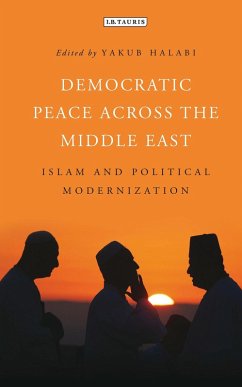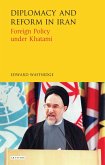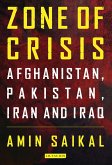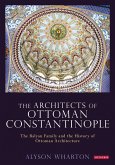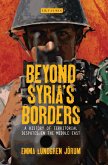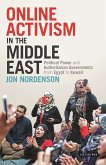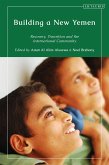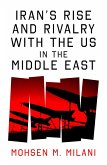From Tunisia to Egypt and from Israel to Iran, the debates surrounding the concept of democracy in the Middle East are never straightforward. This has been particularly evident since the events of 2009 in Iran and the uprisings across the Arab world in late 2010 and 2011. Against this backdrop, Democratic Peace across the Middle East critically analyses the prospects for democracy throughout the region, specifically asking whether political and social modernisation are absolute preconditions for democratic peace to take hold in the region, or whether democracy without modernisation might be enough. It explores the dynamics between neo-patriarchy and Islam on the one hand, and democratisation and modernisation on the other, and also considers the prospect of the political accommodation of opposition groups. Incorporating an analysis of a variety of key dynamics which affect each Middle Eastern country in turn, such as tribal and sectarian identity, Islamism and the structure of political party systems, this book will appeal to those researching the Middle East and its patterns of rule.
Bitte wählen Sie Ihr Anliegen aus.
Rechnungen
Retourenschein anfordern
Bestellstatus
Storno

